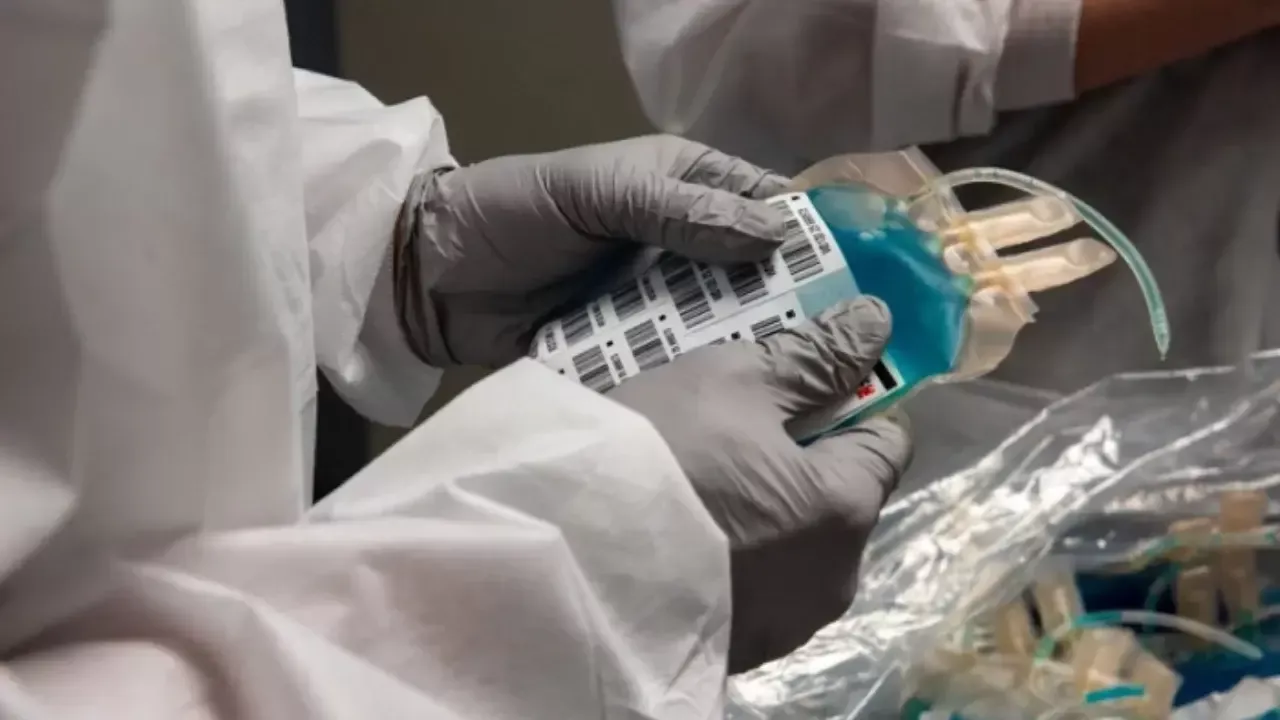DARPA is creating “smart” blood cells

The US Defense Advanced Research Projects Agency (DARPA) has introduced the Smart-Red Blood Cells (Smart-RBC) program aimed at renewing human blood cells. This was reported by Zamin.uz.
This project is focused on creating modified red blood cells using synthetic biology technologies. According to the information, the main goal of the Smart-RBC program is to develop “smart” blood cells that can detect physiological signals, make quick and effective decisions, and respond to them.
These cells help maintain the body's vital functions under harsh conditions, stabilize the state of the blood, and increase a person's chances of survival during injury or stress. According to data provided by DARPA, Smart-RBC cells perform three main functions: first, precise detection of biomarkers; second, rapid and intelligent decision-making based on data; third, production of necessary molecules that affect metabolic and physiological processes.
In the initial phase of the project, attention is focused on ensuring physical stability and strengthening the blood clotting process (hemostasis). In the future, Smart-RBC cells are planned to have capabilities such as thermoregulation, universal blood compatibility, and effective functioning at high altitudes.
The project will last a total of 36 months and consists of two phases. In the first phase, researchers will study the integration of synthetic schemes during the differentiation process of stem cells and their ability to maintain functional status in mature red blood cells.
In the second phase, system improvements, efficiency testing, and demonstration in real conditions are planned. Currently, the project is in the initial phase, aimed at significantly enhancing the human body's survival, endurance, and adaptability to harsh conditions.
At the same time, the Pentagon is showing that it is allocating substantial funds to advanced and strategic research in the field of synthetic biology.







